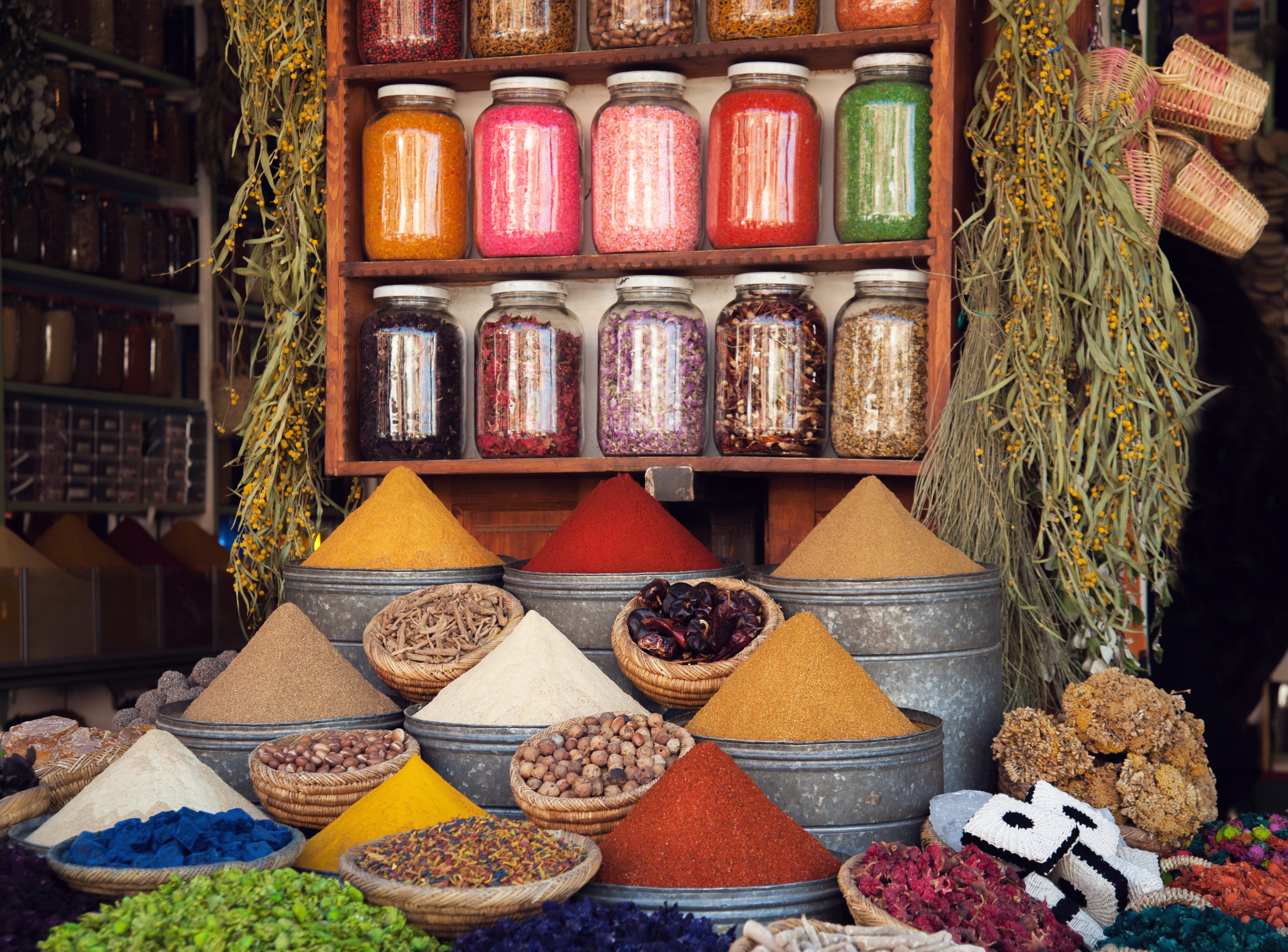
Savor the Flavor: An Introduction to Importing Moroccan Spices
In the pantheon of culinary arts, Moroccan cuisine holds a unique position. Known for its vibrant tastes and enticing aromas, it is a gastronomic journey that owes much to the array of spices that serve as its heartbeat. These spices not only elevate Moroccan dishes but also symbolize the country's rich cultural history and its connection with trade routes of old. For businesses seeking to tap into the world of exotic flavors, importing Moroccan spices offers a path filled with opportunities and potential.
A Spice Odyssey
Moroccan cuisine is famous for its intricate balance of flavors. Sweet meets savory, freshness meets depth, and heat meets cool in a symphony that excites the palate. The secret to this harmony lies in the use of a variety of spices, each lending its distinct character to create a whole greater than the sum of its parts.
Among the Moroccan spice arsenal, a few standout names are Ras El Hanout, Cumin, Paprika, Saffron, and the famous Harissa. Ras El Hanout, aptly named "top of the shop", is a complex blend of spices including cardamom, cumin, clove, cinnamon, nutmeg, mace, allspice, dry ginger, chili peppers, coriander seed, peppercorn, sweet and hot paprika, fenugreek, and dry turmeric. This fragrant concoction encapsulates the spirit of Moroccan cooking and is used in numerous dishes from tagines to couscous.
Meanwhile, Harissa, a fiery chili paste, adds a smoky heat to dishes and is gaining international fame as a versatile condiment. The prized Moroccan Saffron, harvested in the city of Taliouine, is considered one of the best in the world and adds a delicate aroma and a golden hue to dishes.
A Market Aflame with Opportunity
The rising popularity of global cuisines and a renewed interest in home cooking has fueled a growing demand for exotic spices. Consumers, ever keen to explore new tastes and expand their culinary repertoire, are searching for authentic ingredients. Moroccan spices, with their bold flavors and rich cultural narrative, perfectly fit this bill.
Furthermore, health-conscious consumers are drawn to the numerous health benefits associated with these spices. For instance, turmeric and ginger are renowned for their anti-inflammatory properties, while cumin and coriander have been linked to improved digestion.
By importing Moroccan spices, businesses can cater to this growing market, offering not just a product, but an experience — a taste of Morocco's rich culinary tradition.
Supporting Sustainable Practices
Importing Moroccan spices also provides an opportunity to support sustainable farming practices. Many Moroccan spice producers are small-scale farmers who use traditional, eco-friendly methods. By partnering with these farmers or cooperatives that support them, businesses can ensure their supply chain promotes sustainability and supports local communities.
Navigating the Spice Route
To effectively import Moroccan spices, businesses need to consider quality, authenticity, and sustainability. This means sourcing spices from reliable suppliers who provide high-quality products, support fair trade practices, and can offer the necessary certifications. Proper storage and transportation are also key to maintain the quality and freshness of the spices.
Spices are the heart and soul of Moroccan cuisine. They embody a centuries-old tradition of trade, agriculture, and culinary craftsmanship. By importing Moroccan spices, businesses can share these unique flavors with the world, satisfying the palates of adventurous food lovers, and supporting the livelihood of Moroccan farmers. Savor the flavor, and let the Moroccan spice journey begin.
Discover the spices you can import from Morocco at:
https://e-xportmorocco.com/en/products
